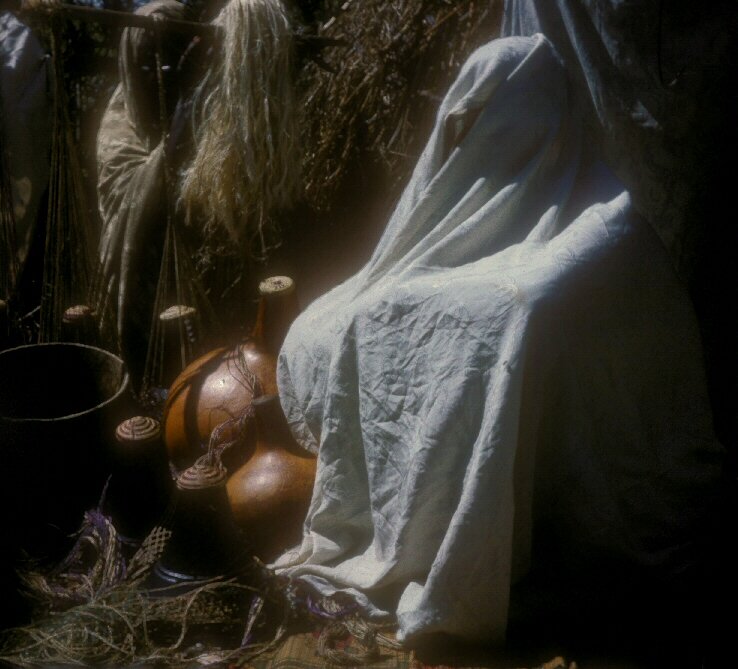
It's a perfect sun-fired day. Every leaf and brick gleams and out on the street, the whole neighbourhood is gearing up for the Divali lights switch-on. And on this crisp, autumn day I am thinking of ice. I'm re-reading
Susan Richardson's beautiful collection of poetry,
Creatures of the Intertidal Zone (published
Cinnamon Press). I was lucky enough to hear Susan read at the summer's
Polyverse Poetry Festival and was envious of her account of visiting Iceland, Greenland and Newfoundland – all places on my travel wish-list. Because like the penguin that recurs in this collection, I feel :
'… a force that's attracted to the north in her,
the thunder of summer light,
the blood of explorers in the tundra,
the tilting cap of ice.'Susan undertook this trek to trace the footsteps of a Viking woman and the first sequence of poems,
Gudrun the Rare, follows her on a life of sea-voyages. From the first line, it is utterly spellbinding:
'I know the gasp this grass gives/ when it's first touched by snow.' I was also very moved by the following poem, which relates the
'Resettlement' of an old woman from a remote, fishing island. As the men are lifting her wooden home into the water, she reflects on:
'… the lives of its five generations,
the twenty-eight births,
the labour pains ingrained in the wood of its walls,
and all those oil-skinned hours of waiting
while the men were at sea in a storm.'No less engaging is her account of the evolutionary journey of a penguin, from migratory bird to ice-locked creature of the pole:
'Her need now beats its wings… propels her against/ the speckled shell of the sky …' The language is all lucid and unfussy like this, images arising naturally from the environment of her stories. The rhythms are also seductive, pausing sometimes to let you take that ice-tanged breath:
'So now, with tender eyes,
I must hunt for a hole in the white
and wait
patient
at the rim
for the whiskered nose of inspiration …' 
This poem is about the act of writing and it is indeed
'tender eyes' Richardson turns on the Arctic world and its creatures, both animal and human. In a clever structure, the collection begins with sequences about 2 Viking women and ends with a section about the male Arctic explorers of the early twentieth-century. Here is the voice of Edgar Evans, the first of Scott's men to die:
'My hand is quite okay, sir.
Yes, I'm quite okay.
I just feel such crimson hunger.
My ribs are what's left of that rotting ship,
wrecked in Rhossili Bay, stuck
in the sand for dogs to piss on.'I hope to get the chance to meet up with Susan again and share our mutual arctic fascination. Meanwhile, if you're another ice lover, I can't recommend this book highly enough. And even if you're not, there's much to relish in these stories of human wanderings and foibles.
 I'd been invited to give a talk on the Northern Lights. And being as this was a group of writers, I reflected on how this project has developed over the last 4 years. It was November 2005 when a fellow writer and artist Jackie Stanley first asked me to write some poems about the Northern Lights for a film she wanted to make. It's rare to stumble on a subject that proves so rich in inspiration. Since then, I've visited the Arctic to see the lights for myself and performed my poems in places as diverse as the Science Museum in London and a primary school hall in Leicester.
I'd been invited to give a talk on the Northern Lights. And being as this was a group of writers, I reflected on how this project has developed over the last 4 years. It was November 2005 when a fellow writer and artist Jackie Stanley first asked me to write some poems about the Northern Lights for a film she wanted to make. It's rare to stumble on a subject that proves so rich in inspiration. Since then, I've visited the Arctic to see the lights for myself and performed my poems in places as diverse as the Science Museum in London and a primary school hall in Leicester. 




